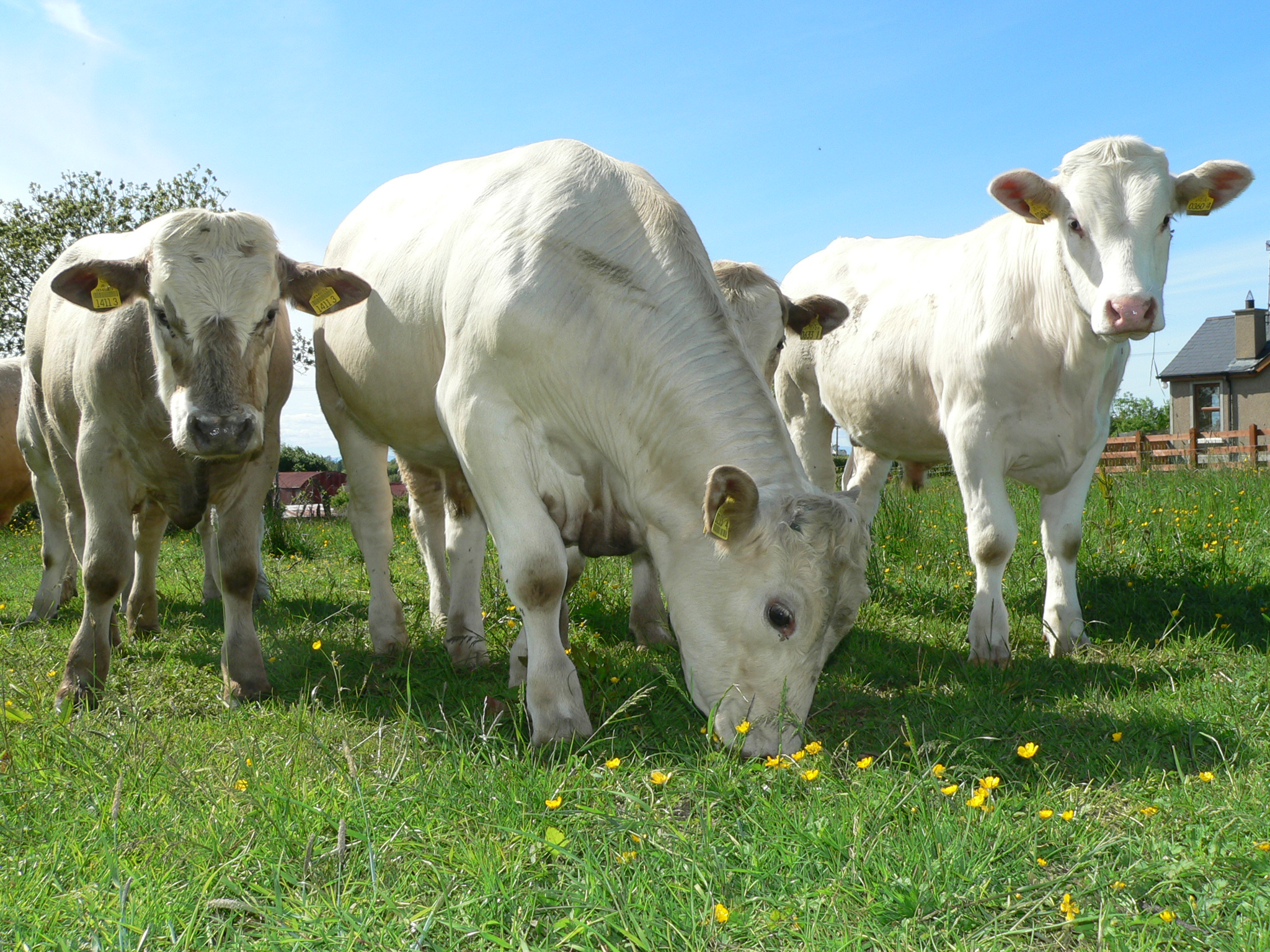
UFU president William Irvine, deputy First Minister Emma Little-Pengelly, First Minister Michelle O’Neill, pictured at the UFU AGM.
Parliamentary update by Alexander Kinnear
100 days have passed since the devolved government returned to Northern Ireland (NI), the Alliance party took the DAERA portfolio after the other political parties who joined the Executive chose other departments. DAERA Minister Andrew Muir has emphasised that the portfolio of DAERA represents three distinct areas – Agriculture, the Environment, and Rural Affairs. However, many farmers will now ask what has been achieved over the past 100 days? The biggest outcome has been the welcomed clarity around the direction of travel within the new Farm Support and Development program.
The Ulster Farmers’ Union (UFU) lobbies on behalf of its members’ interests across the entire DAERA portfolio, lobbying not only the Minister, but politicians across the political parties in NI. The UFU have been presented with many opportunities to engage with the Minister and has had the chance to put forward a positive vision for agriculture amidst the greatest time of uncertainty for many years whilst recognizing the challenges for small, medium, and large family-owned farms.
The UFU were honoured to host the First and Deputy First Ministers at the AGM at the beginning of May. In her speech, Michelle O’Neill spoke about the uncertainties of the future support budget post-2024, succession planning, the need for a joined-up approach to deal with the scale of challenges amidst difficult times, and the need for agriculture to be the collective responsibility of the Executive. Emma Little-Pengelly spoke about the important role farmers must play, and the need for the Executive to listen and find the right balance to address the challenges of the future that ensure that a disproportionate burden of responsibility does not fall on the shoulders of the agricultural community.
Decisions remain to be taken on support for the sheep sector, ammonia, and planning, amongst many others key areas. At the top of the list of outstanding issues is the need for the NI Executive to find the money to ensure TB livestock valuations are not reduced to the proposed 90% of the value of an animal. The consequences would be catastrophic for farm families, their businesses, and their mental health. It will be our politicians who will bear the responsibility in full if such a decision becomes a reality.
With the Executive putting out the right tone and demonstrating a desire to back NI farmers, we have now arrived at the point where our politicians must now move on from listening and talking to channelling our messages into delivery.
Our message to the NI Executive is a very simple one, the best interests of farm families must be placed at the heart of the NI Executive, its budget, the programme for government and the decisions our politicians will make.




